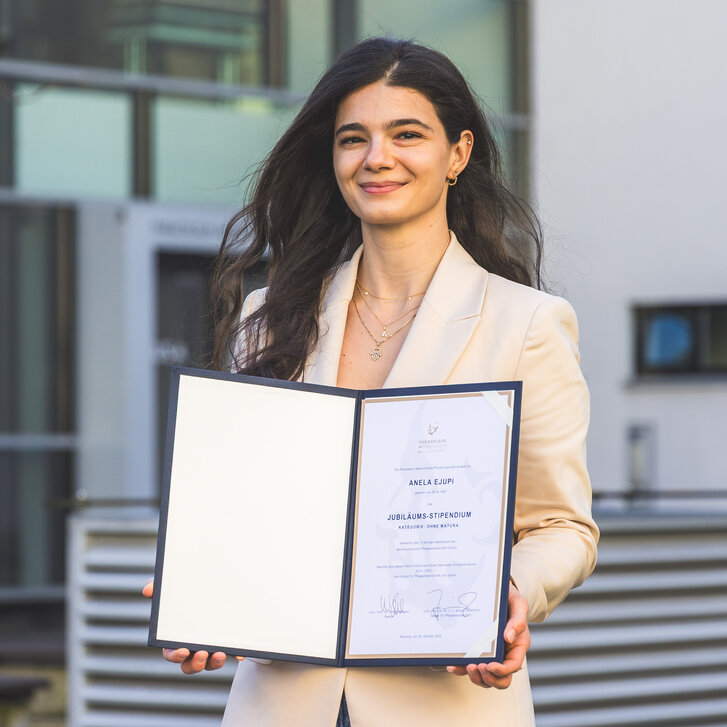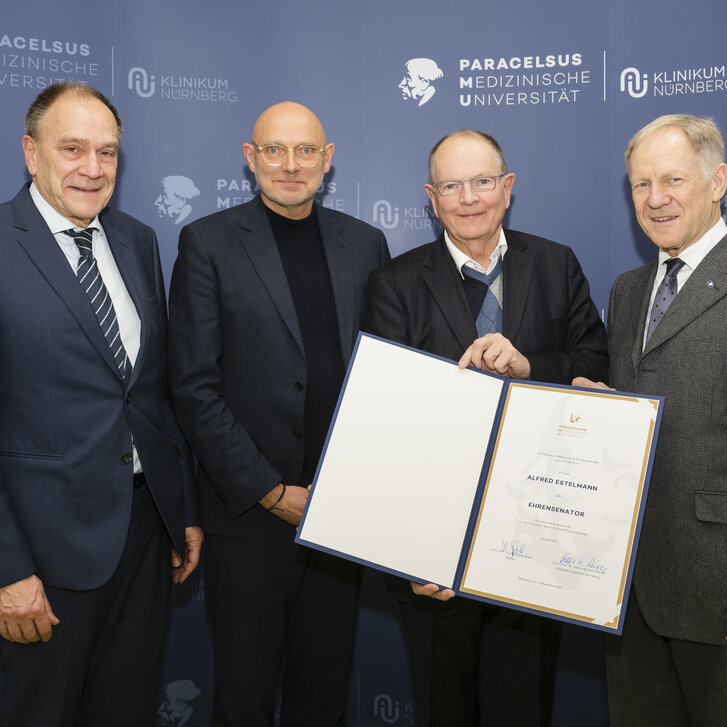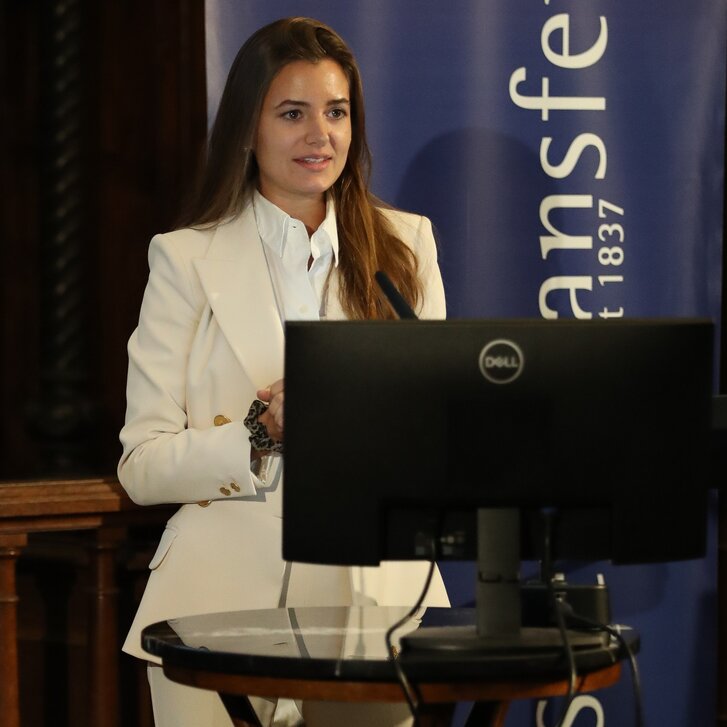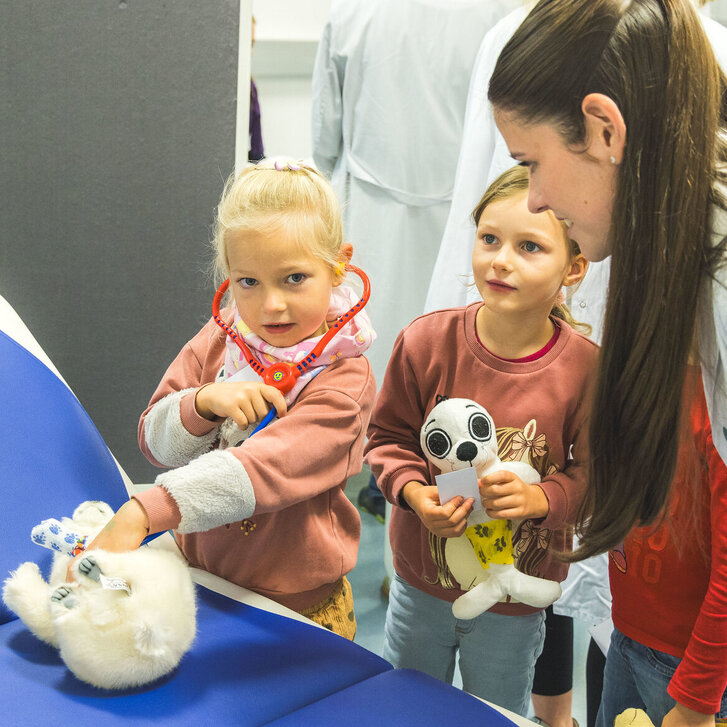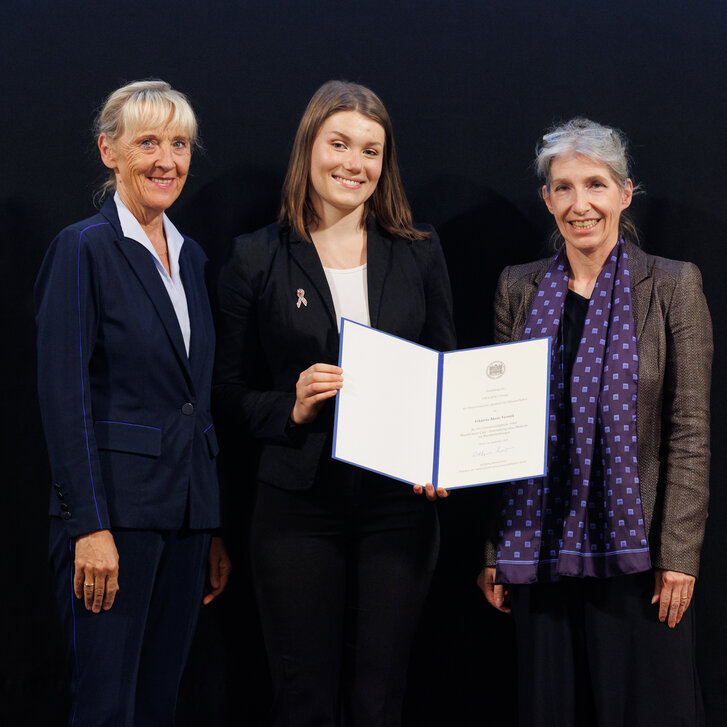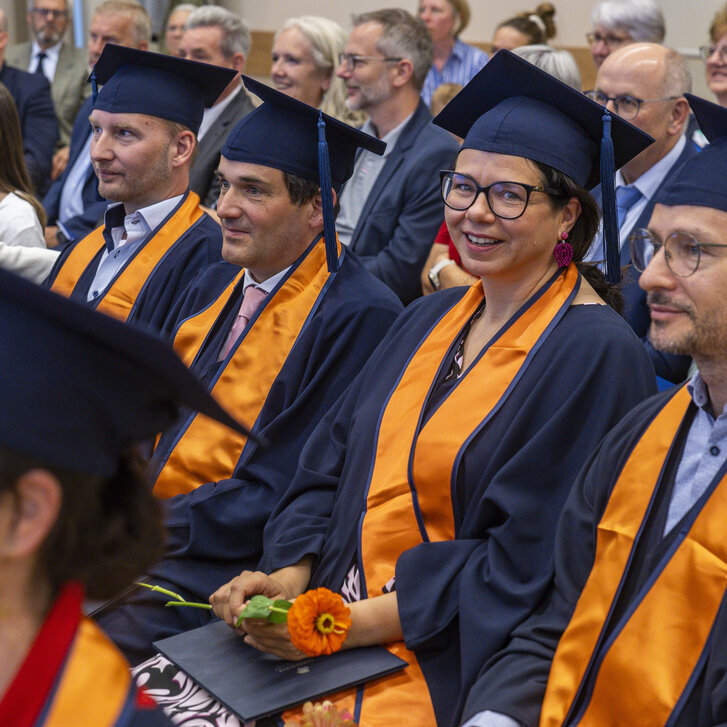
Artificial Intelligence in Pharmacotherapy: A Revolution in Healthcare?

Artificial intelligence is currently a hot topic. One day, will it no longer be doctors and pharmacists who decide on the choice of the right medications, but AI? Is it enough to input my diagnoses for computers to treat me better than ever before?
The Research Group for Pharmacotherapy at the PMU has been addressing this question for seven years. Together with Prof. Dr. Michael Bücker from the University of Applied Sciences Münster, they have been working on a joint project to optimize therapies with AI. During this process, the group encountered numerous fundamental problems.
In their research, which was recently awarded Best Publication in the Journal of Exploratory Research in Clinical and Social Research in 2024, the scientists demonstrate how these issues can be solved. In a collective of 100 patients, their model achieved very high success rates for certain active ingredients.
The authors conclude: In principle, it is now conceivable that an algorithm can determine a patient's pharmacotherapy as well as doctors or pharmacists. However, this requires entirely new approaches and data. A specific AI model needs to be further developed and trained on particular indications. Additionally, the preferences of patients must be taken into account, so that AI should primarily be seen as a support for healthcare professionals.
Overall, there is significant potential to improve public health and reduce medication errors.
“We are at the very beginning of an exciting development, which we want to help shape at PMU,” say the scientists led by PD DDr. Olaf Rose.
More information on the publication is available at link.
#paracelsusuniversity #ArtificialIntelligence #Pharmacotherapy #PMU #MedicineOfTheFuture #Research #Interdisciplinary #PublicHealth #Innovation #HealthcareProfessionals #PatientSafety #MedicationErrors #AI #FutureOfMedicine
// Translated by ChatGPT









